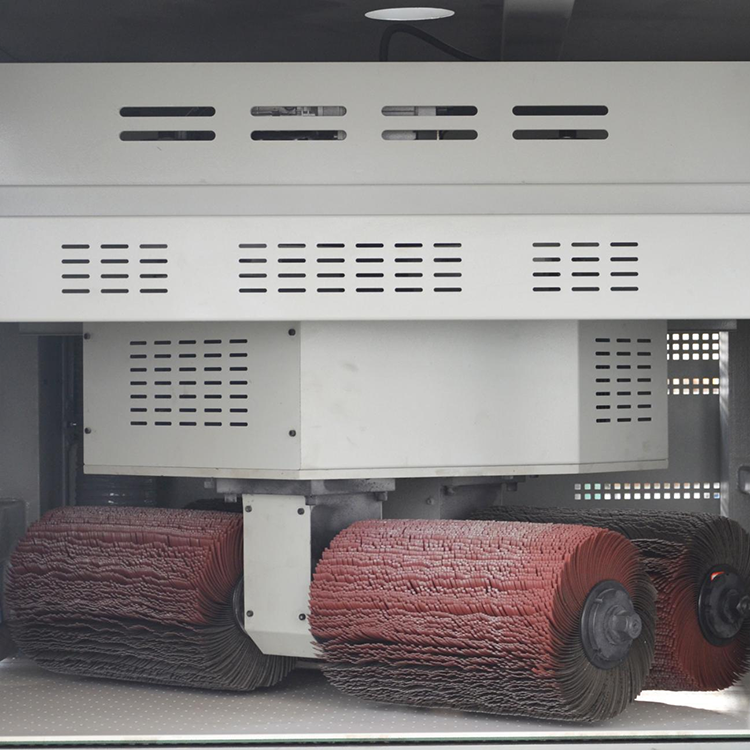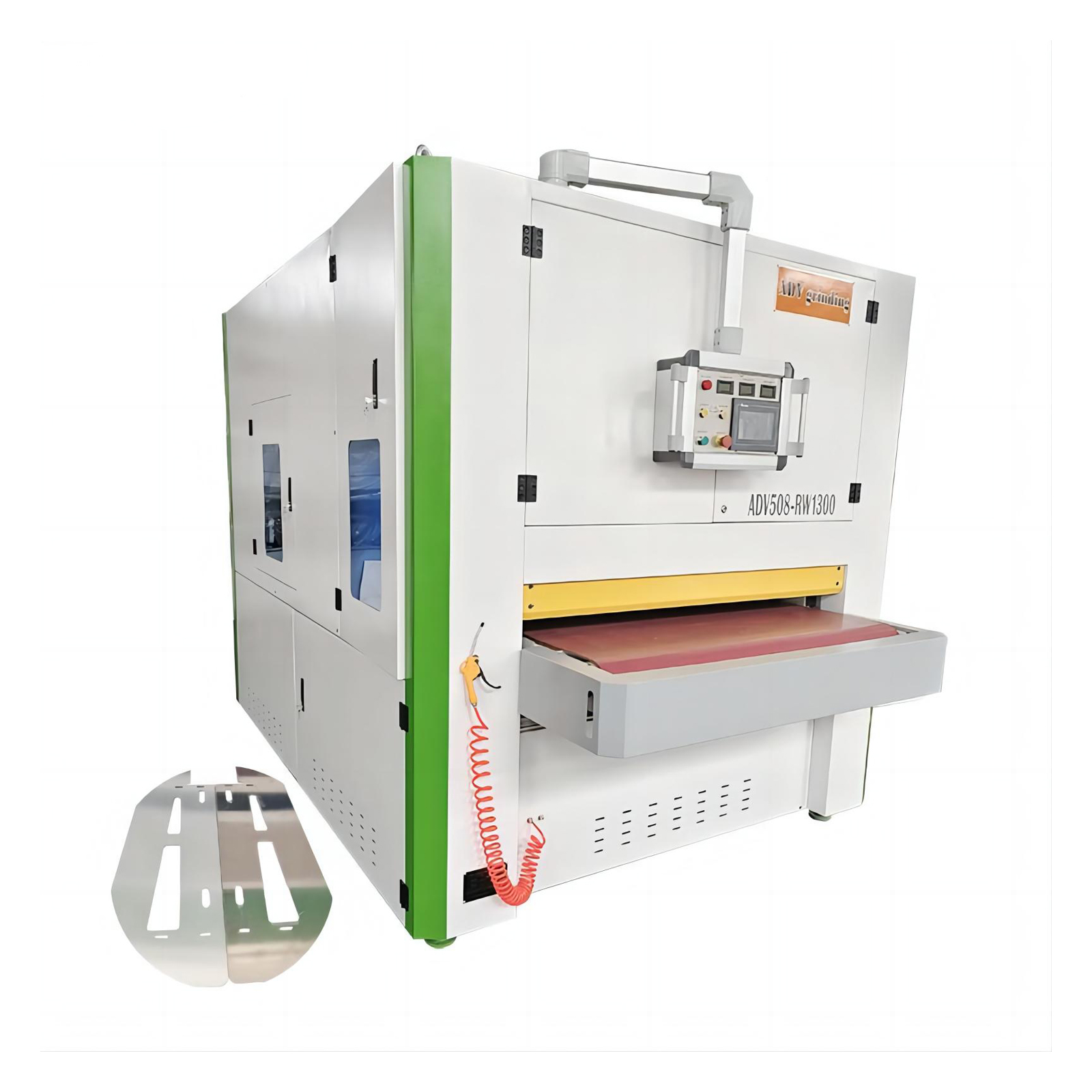What is a Rotary Brush Sander?
A rotary brush sander is a specialized power tool used in manufacturing for surface preparation, cleaning, and material finishing. Unlike conventional sanders, it utilizes rotating brushes made of wire, abrasive nylon, or stiff bristles to perform aggressive material processing. These machines come in both industrial-grade and handheld configurations, serving critical functions in metalworking, wood processing, and pipe maintenance.

Primary Brush Types & Configurations
1. Cylinder Brushes
Characterized by their broad face, cylinder brushes efficiently prepare large substrate areas. Key features include:
Strip brush mounted on cylindrical core
Aggressiveness adjustable via filament length
Ideal for large surface cleaning and finishing
2. Cup Brushes
Named for their distinctive cup-shaped design, these brushes excel in targeted applications:
Crimped or knotted wire filaments (steel/brass/stainless)
Specialized designs for specific production needs
Primary applications: Descaling, polishing, surface prep
Versatile tools for precision operations with flexible configurations:
Effective for paint removal and deburring
Operable as single units or grouped assemblies
Widely used in surface finishing operations
Wire Type Comparison
| Feature | Crimped Wire | Knotted Wire |
|---|
| Structure | Wavy, pinched filaments | Looped steel tiers |
| Material | Steel, brass, chrome steel | Steel or chrome steel |
| Best For | Light-duty applications | Heavy-duty material removal |
| Advantages | Reduced wire rigidity, clean breakage | Aggressive action, withstands hacking/twisting |
| Limitations | Limited heavy-duty durability | Potential metal weakening |
Industrial Applications
Rotary brushes conform to pipe contours, removing internal obstructions while preparing surfaces for coatings. Their flexibility enables cleaning beyond standard pipe diameters.
Rust Removal
Heavy-duty machines effectively eliminate rust flakes from encrusted surfaces, with specialized brushes accessing tight spaces and cracks inaccessible to traditional tools.
Surface Preparation
Creates necessary surface roughness for optimal adhesion of finishes and protective coatings, critical in manufacturing quality control.
Wood Distressing
Specialized technique for creating weathered finishes on wood products by removing softer material between grain lines before final finishing.
Operational Considerations
Product Variables: Results vary by material density, filament type, brush velocity, and surface texture
Safety Requirements: Mandatory PPE including face shields, heavy gloves, and respiratory protection
Efficiency Impact: Proper brush selection reduces processing time by 30-50% versus manual methods

Industry-Specific Solutions
Specialized manufacturers like ADV (since 1946) develop application-specific rotary brush systems for:
Metalworking: Custom wire configurations for alloy-specific processing
Woodworking: Grain-enhancing brush designs
Pipeline: Cable-twist brushes for oil/gas applications



